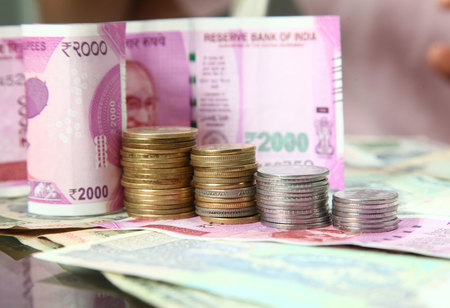
RBI's Policy Rates Would Remain Unchanged


The Reserve Bank of India's monetary policy committee is foreseen to leave interest rates unchanged when it meets on Friday, after data displayed the economy contracting less than expected and despite persistently high inflation.
Radhika Rao, Economist, DBS Bank says, "The MPC's views on liquidity will assume more importance, as the transient surplus has pushed down short-term/overnight rates sharply."
Economists and market participants are closely monitoring the commentary from the RBI around liquidity. The overnight call money rate has dropped below the reverse repo rate on days on account of the excess liquidity in the banking system.Economists expect the RBI to declare measures to help tweak market rates through liquidity absorption operations or to provide increased access to the reverse repo window to more market participants.
All 53 analysts and economists in a Reuters poll conducted ahead of the GDP data released last week said they don't expect any change in rates on Friday.Economists also pushed back the expected timing for the next rate cut by a quarter after the RBI has cut its key interest rate by a total 115 bps this year to a record low of four percent.
The poll showed economists now expect the next rate cut to be in the Apr-June quarter, as against the Jan-March period they had predicted in the previous two surveys.Inflation has remained consistently above the upper end of RBI's mandated two to six percent target range every month barring March this year while core inflation has also remained sticky.
While, in the September quarter gross domestic product contracted 7.5 percent on-year compared to a decline of 23.9 percent in the previous three months, when the impact of the coronavirus pandemic was more pronounced.However, RBI governor Shaktikanta Das last week stated that the economy was showing a stronger than expected pick-up in recovery but one needs to be watchful of the sustainability of demand after a series of religious festivals.